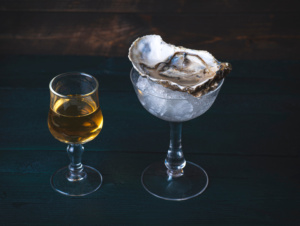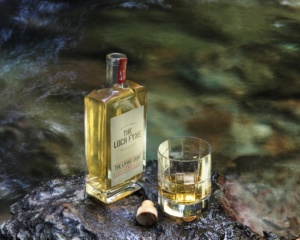What is the Smallest Whisky Distillery In Scotland?
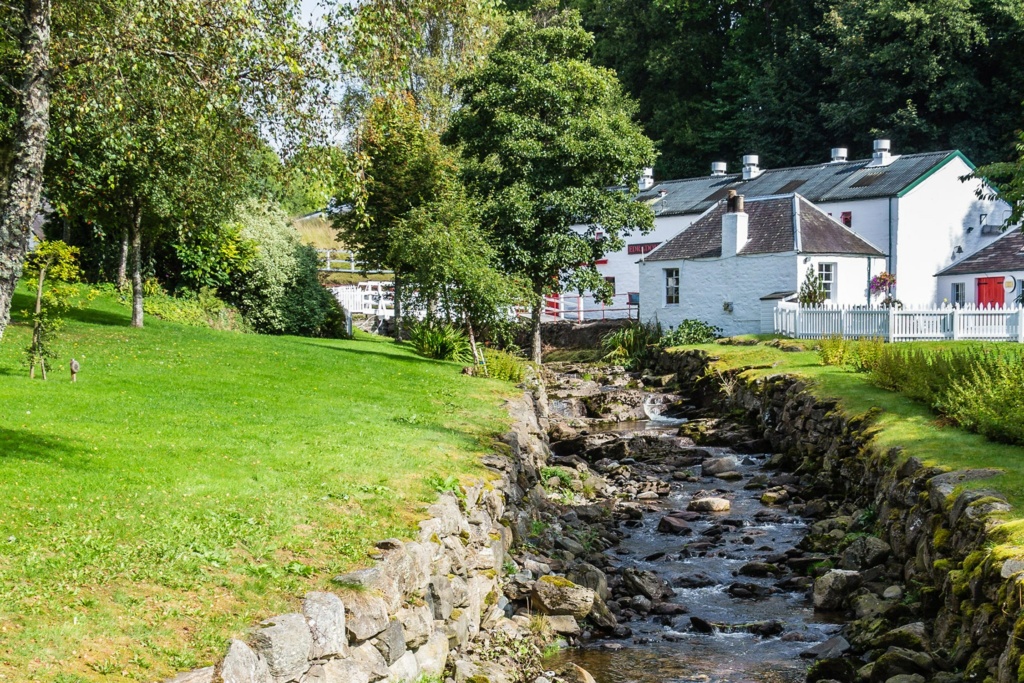
For a long time, Edradour was the smallest distillery in Scotland. World renowned as 'Scotland's Little Gem', the quaint distillery was founded in 1825 and indeed remains true to the authentic small scale production of that era. Based in the small Highland town of Pitlochry at the foot of the Cairngorms, it is the last stronghold of handmade single malt whisky from a farm distillery still in production today.
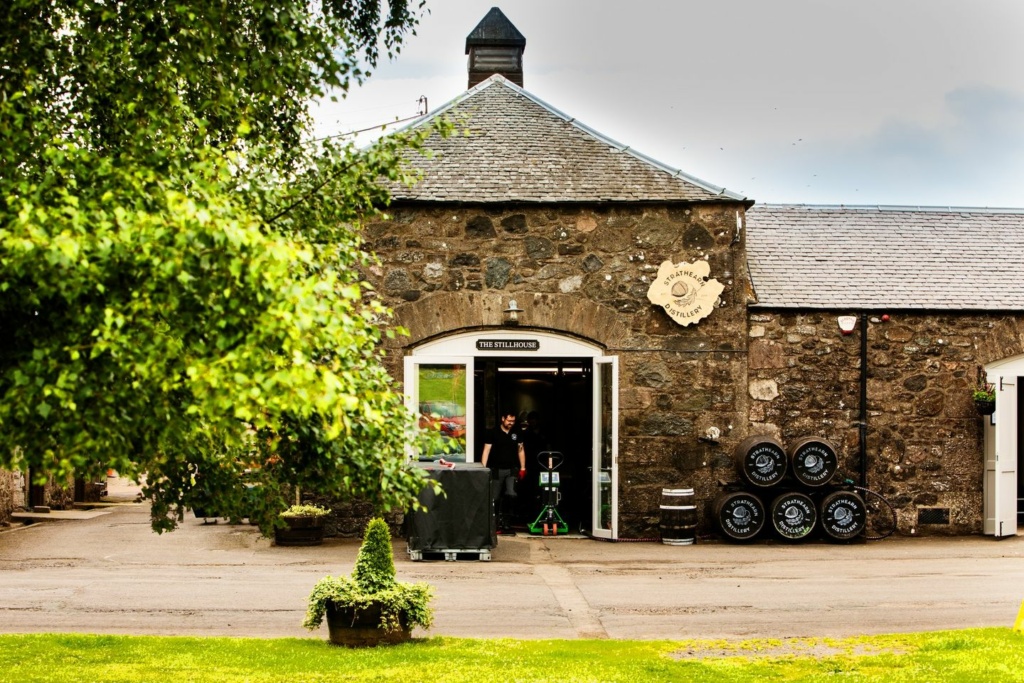
However, Strathearn distillery was built in 2013 as an even smaller whisky distillery, taking Edradour's crown. Located in Highland Perthshire, not far from where the Scottish kings were traditionally inaugurated on the Stone of Destiny, Strathearn single malt is also hand-crafted in one of Scotland's smallest mash tuns.
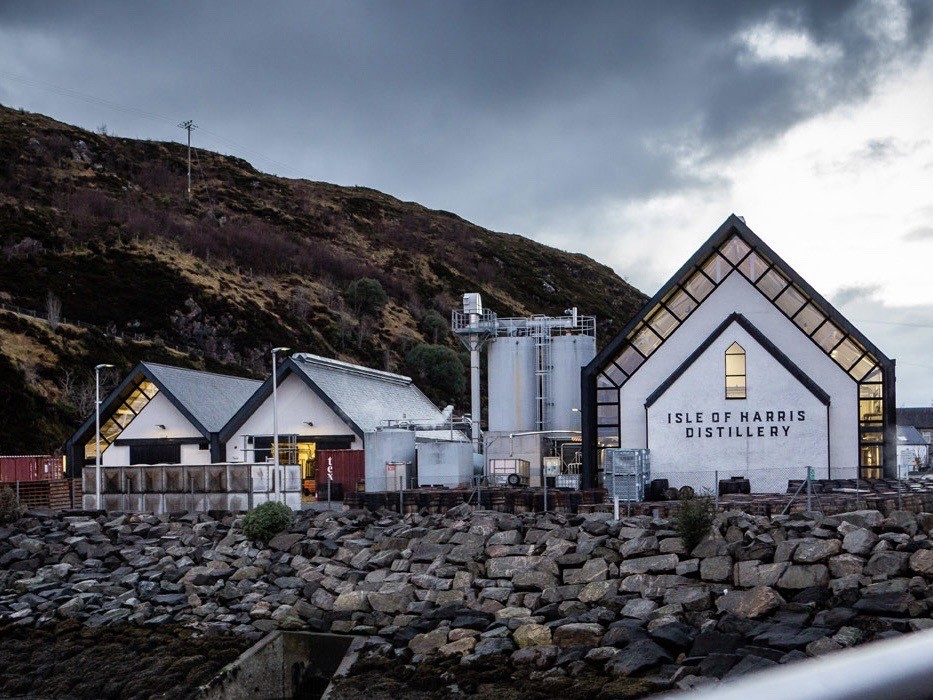
Oban is also a very small traditional distillery, with it being run by a close-knit team of just seven people. However, many craft and micro-distilleries have begun popping up in more recent years, meaning that the feat of being the smallest is no longer a title worthy of claiming. For example, Isle of Harris distillery, Wolfburn and Kingsbarns are new boutique craft distilleries which produce single batches of whisky in their tiny facilities.
FAQ
- What specific criteria are used to determine the size of a whisky distillery, beyond just its physical dimensions or production capacity? Determining the size of a whisky distillery involves considering various factors beyond just physical dimensions or production capacity. These factors may include the scale of production equipment, the number of employees, the annual output of whisky, and the overall footprint of the distillery site. Additionally, aspects such as the level of automation, investment in technology, and integration of sustainable practices may also play a role in assessing the size and efficiency of a distillery.
- How does the small scale of a distillery like Edradour or Strathearn impact the flavour or character of the whisky produced compared to larger distilleries? The small scale of distilleries can have a significant impact on the flavour and character of the whisky produced. With smaller production batches, distillers have greater control over the distillation process and can focus on quality rather than quantity. This hands-on approach often results in whiskies with distinctively rich and complex flavours, as well as a greater emphasis on traditional craftsmanship and attention to detail.
- Are there any unique challenges or advantages associated with operating the smallest whisky distilleries in Scotland? Operating the smallest whisky distilleries in Scotland presents both unique challenges and advantages. On one hand, limited production capacity may constrain the ability to meet demand and scale up operations. However, the small scale allows for greater flexibility and experimentation, enabling distillers to innovate and create unique expressions tailored to niche markets. Additionally, the artisanal nature of small distilleries appeals to whisky enthusiasts seeking authentic and distinctive spirits.
 4.7/5 with 10,000+ reviews
4.7/5 with 10,000+ reviews
